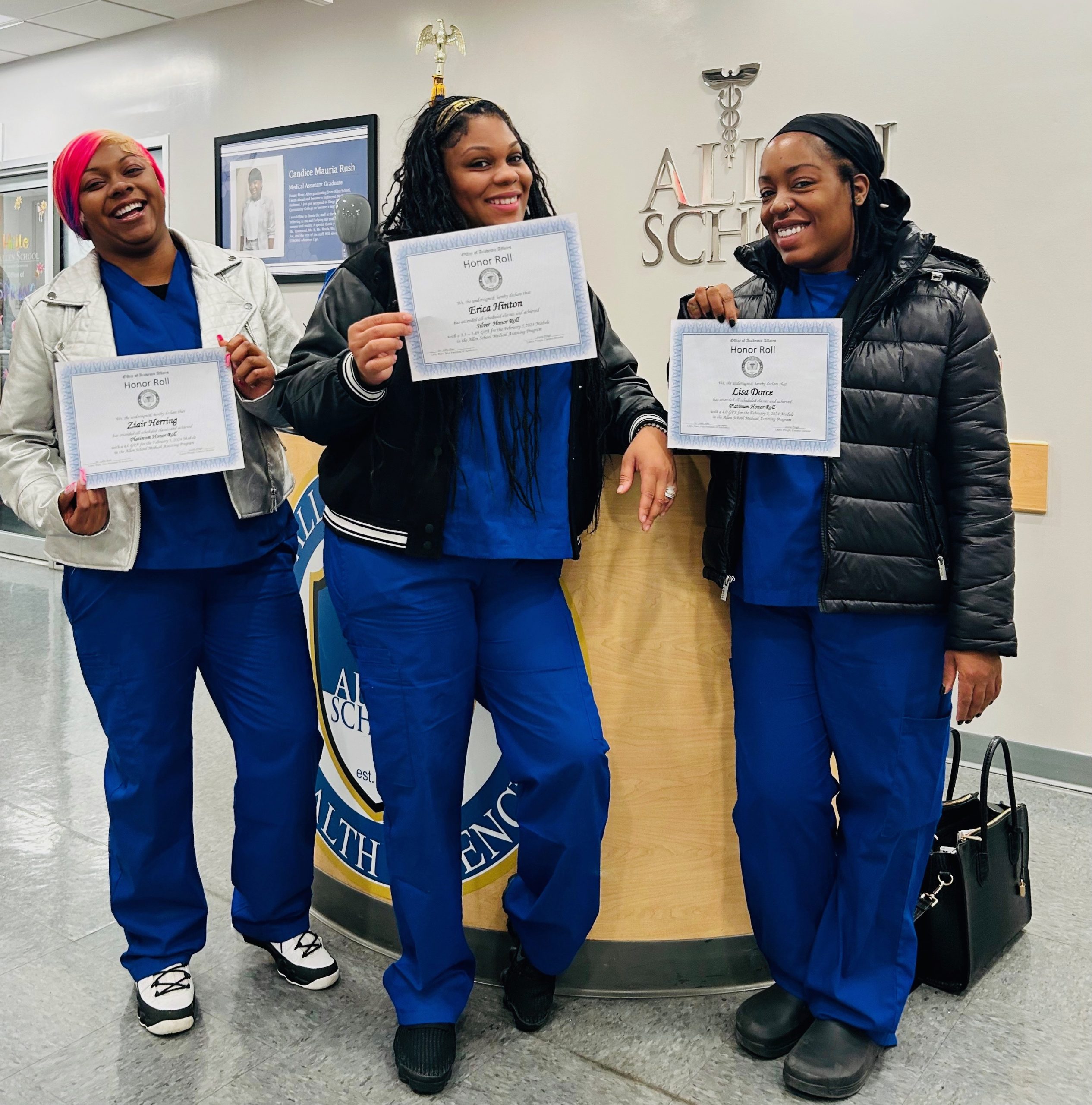
To become a good medical assistant, it is important to possess the following qualities:
- Compassion and Empathy: Medical assistants often work closely with patients who may be experiencing pain, anxiety, or stress. Having compassion and empathy for patients’ concerns and needs is essential for providing high-quality care.
- Attention to Detail: Medical assistants must accurately record and maintain patient information, administer medications correctly, and follow precise instructions from healthcare providers. Attention to detail is crucial to ensure patient safety and proper documentation.
- Communication Skills: Effective communication skills are essential for medical assistants to effectively interact with patients, healthcare providers, and other staff members. Clear and concise communication helps to ensure that information is relayed accurately and that patients understand their care instructions.
- Organizational Skills: Medical assistants often juggle multiple tasks, such as scheduling appointments, preparing examination rooms, and managing patient records. Strong organizational skills are necessary to prioritize tasks, manage time efficiently, and maintain a well-organized work environment.
- Medical Knowledge: While formal education and training provide medical assistants with the necessary knowledge and skills, a good medical assistant continues to seek opportunities for learning and professional development. Staying informed about medical advancements and best practices is important for providing quality patient care. Students at the Allen School of Health Sciences will put their training to the test by conducting hands-on learning in one of our clinical classrooms. Our students will also have to complete an internship. Our internship is 275 hours of experience working in a doctor’s office, clinic, or surgery center to get the skills they need to be successful in the medical field.
- Professionalism: Medical assistants are an integral part of the healthcare team and must always conduct themselves in a professional manner. This includes maintaining patient confidentiality, adhering to ethical standards, and demonstrating respect for patients and colleagues.
- Adaptability: Healthcare settings can be fast-paced and unpredictable, requiring medical assistants to adapt to changing situations and prioritize tasks accordingly. Being flexible and adaptable is important for handling unexpected challenges and providing efficient patient care.
By embodying these qualities, a medical assistant can contribute to a positive patient experience, support healthcare providers effectively, and contribute to the overall success of the healthcare team. To learn more about the qualities needed to become a medical assistant, contact the Allen School today. www.allenschool.edu We look forward to you becoming part of the Allen School family!
